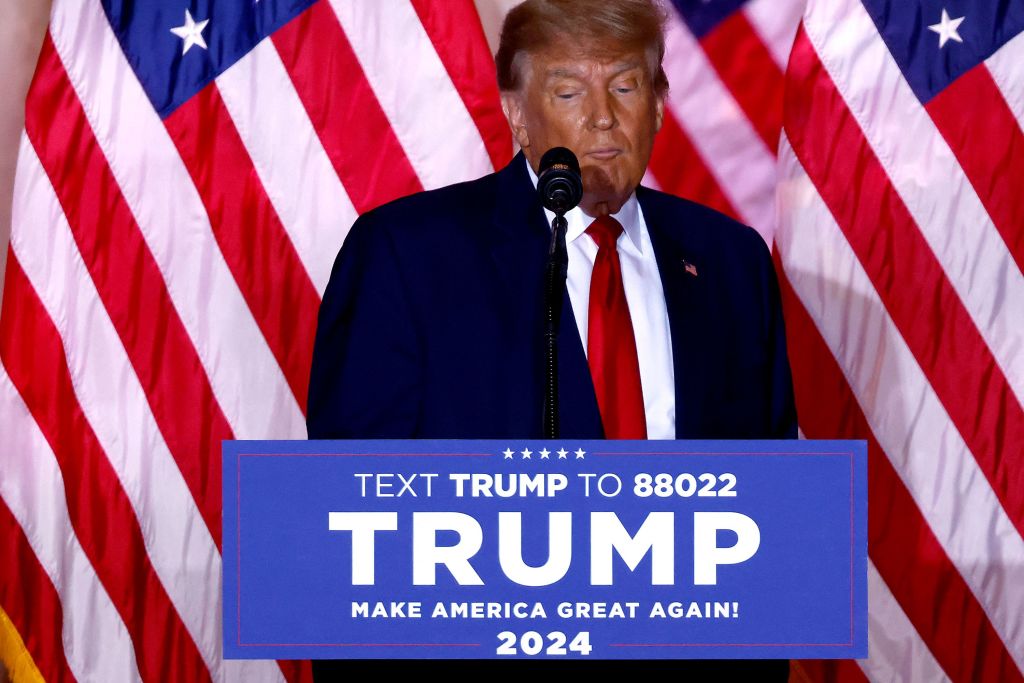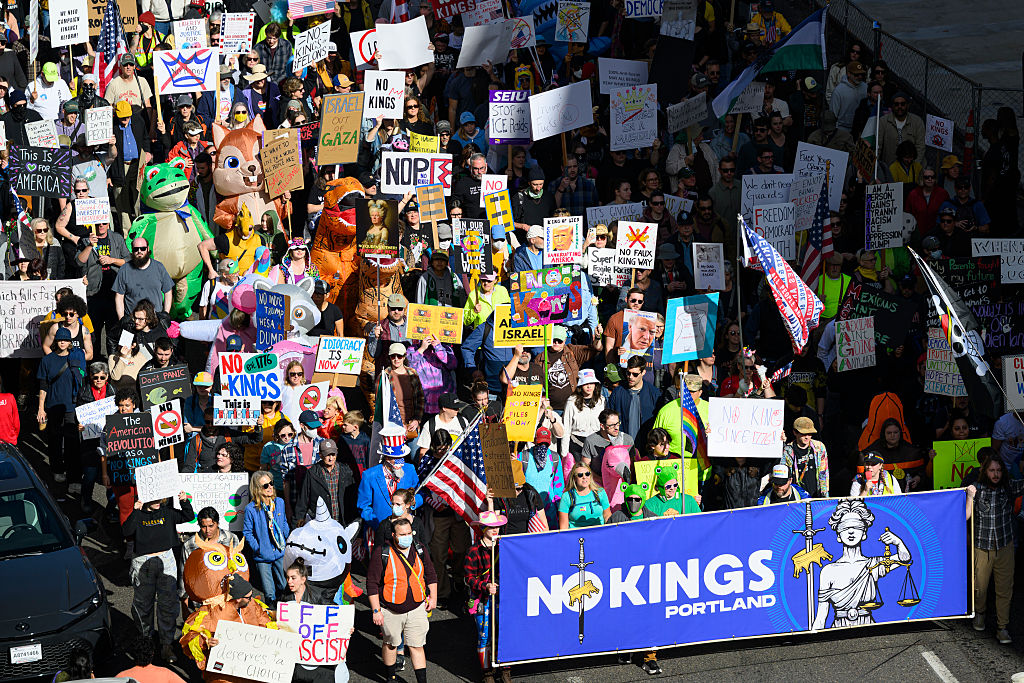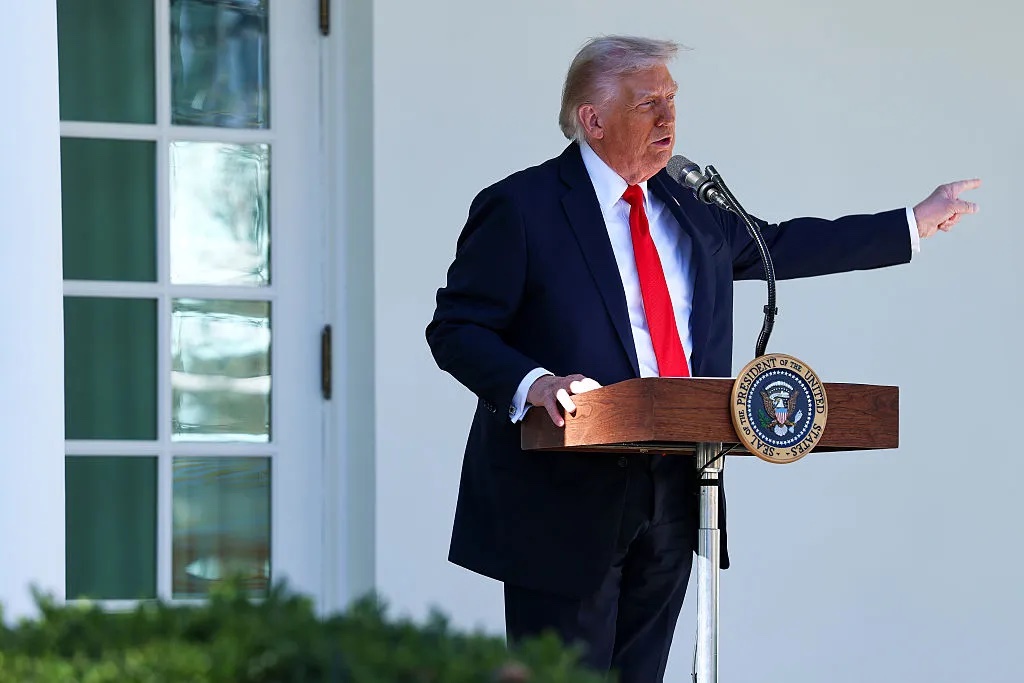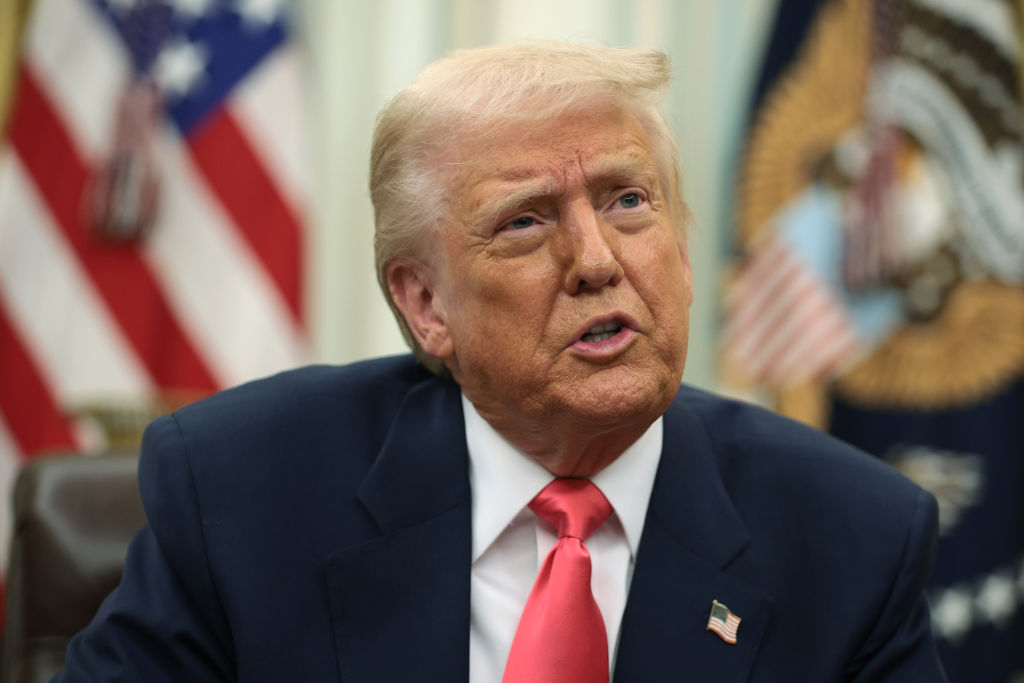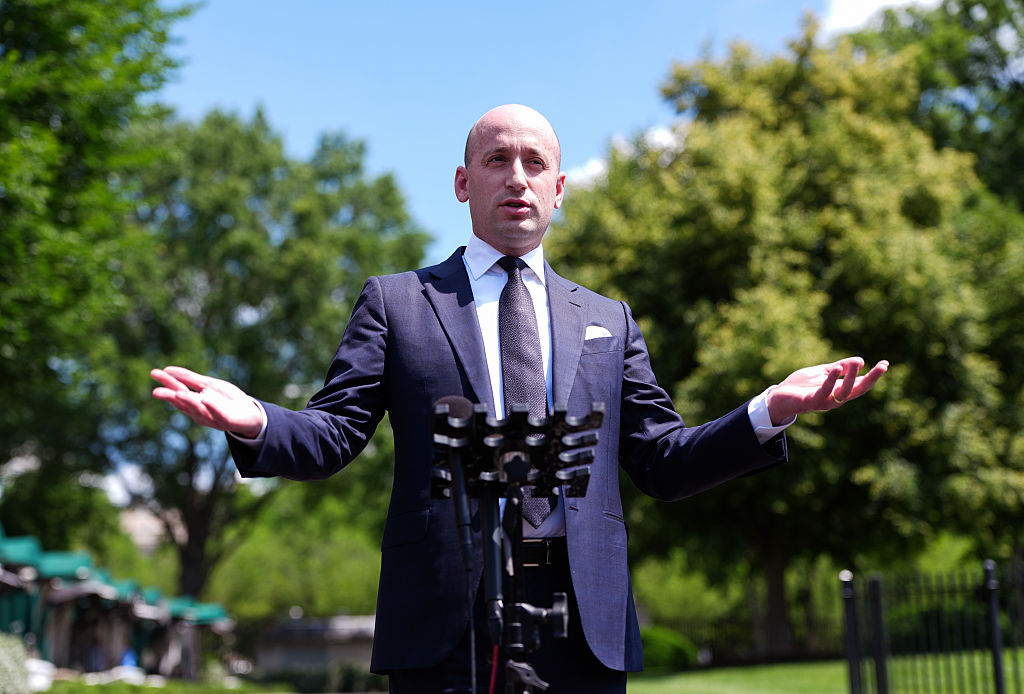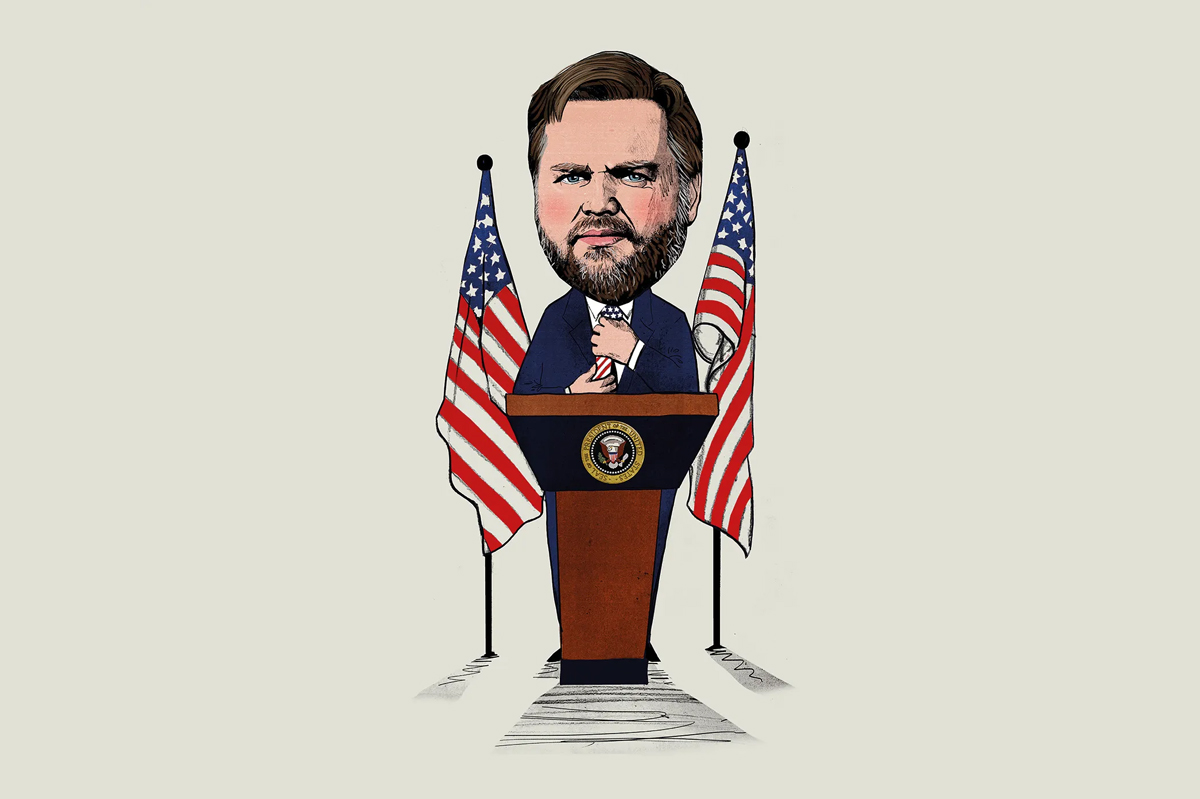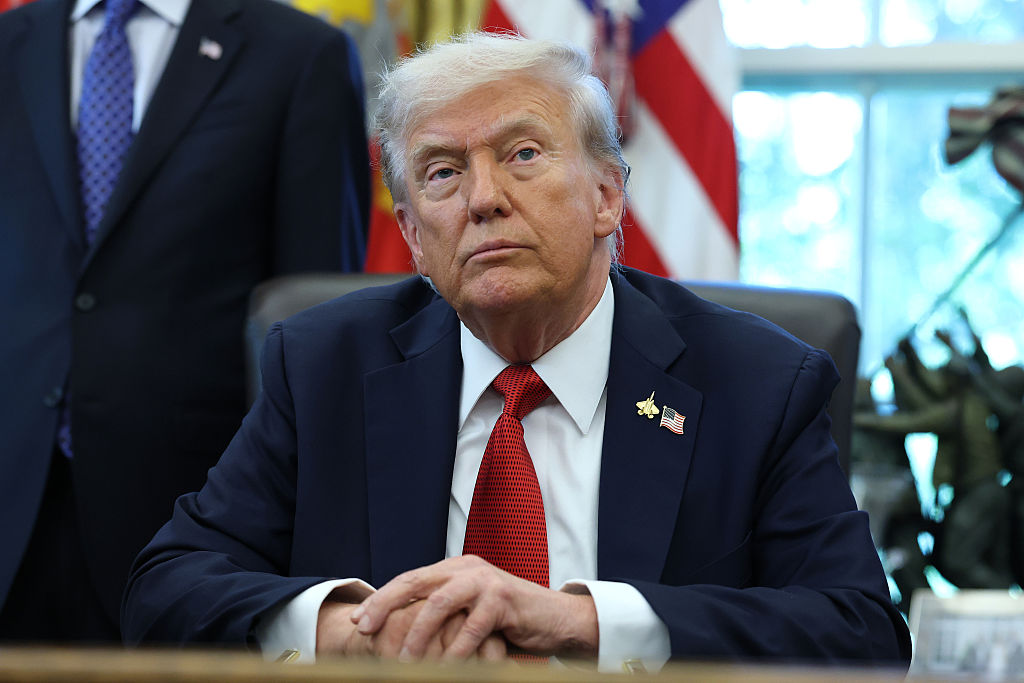The Select Committee to Investigate January 6 announced Monday that it would refer former president Donald Trump for charges to the Department of Justice’s special counsel. The committee also released its Executive Summary, which includes a description of findings and charges.
Since its formation in July 2021, the committee has heard testimony from dozens of officials in the Trump administration and individuals who were associated with the January 6, 2021 attack on the US Capitol.
The Executive Summary lists seventeen findings of the Select Committee which inform their decision to refer Trump for charges.
It found that the former president “purposely disseminated false allegations of fraud” with the intent of annulling the 2020 presidential election results, and that he did this “despite his own senior advisors refuting his election fraud claims.”
Trump was also determined both to have known that pushing Vice President Mike Pence to interfere with the electoral vote count was illegal, and to have fueled the riot by sending his angry supporters to the Capitol, condemning Pence during the assault, and refusing to intervene for an extended period.
Most importantly, the Select Committee determined that all of these actions were “in support of a multi-part conspiracy to overturn the lawful results of the 2020 Presidential election.”
Trump was referred to the Department of Justice on charges of: obstructing an official proceeding; conspiracy to defraud the United States; conspiracy to make a false statement; assisting or aiding and comforting an insurrection, and violation of two other conspiracy statutes.
The Department, which appointed Special Counsel Jack Smith in November, will make the determination whether or not to bring charges. Smith is heading the investigation of Trump’s holding of sensitive documents and his attempt to “interfere with the lawful transfer of power following the 2020 presidential election”.
As the Wall Street Journal Editorial Board points out, successfully charging Trump with the referrals made by the committee would be very difficult, as the charges must be proven beyond a reasonable doubt. That is a high bar to reach, and the committee’s report will likely not clear it. Prosecuting a former president is a risky game — and would undermine trust in the justice system if not done properly.
The Select Committee has had a shadow of partisanship cast over it from the start, both because of Republican intransigence and Democratic overreach. Republicans refused to appoint reasonable members, while Democrats have tried to tar the whole GOP with Trump’s sins. In part because of this, once the new Congress is sworn in on January 3, the committee will be unlikely to gain the assent of the GOP majority to continue its work. Nevertheless, it has done what it needed to do, having exposed to the nation both Trump’s contemptible conduct and his role in the events of January 6.



